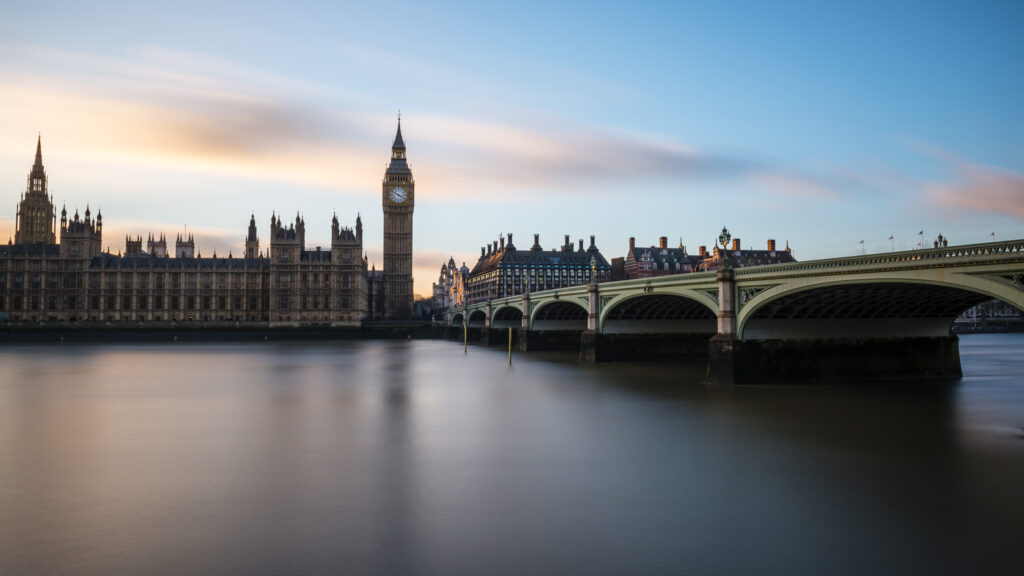Green Alliance’s latest net zero policy tracker shows the UK “risks complacency” as it finds emissions will be nearly 40% higher in 2030 than needed to hit decarbonisation targets.
This is based on current government policy, with the tracker monitoring progress on cutting emissions during this parliamentary term.
It said that the faster than predicted shift to renewable energy is disguising a lack of progress in other sectors of the economy, with over half of UK emissions now coming from transport, buildings, agriculture and land use.
It added that as a result, the UK will struggle to reduce its climate impact and meet its net zero emissions by 2050 target.
Therefore, in order to meet its climate targets, the UK will need to double its annual spending on net zero focused policies from £21.2 billion to £43.6 billion every year to 2024.
However, Green Alliance added that some progress has been made, with measures such as the Ten Point Plan and the creation of a National Infrastructure Bank having closed around 26% of the projected gap of 118Mt of carbon emission reductions needed by 2030. There is still a further 87Mt of emissions reductions necessary over the next decade, Green Alliance said.
To close this gap, the thinktank has outlined five key policy asks the government should prioritise. It said an additional £8.7 billion annual spend on low carbon transport is required to support the transition to electric vehicles and upgrade public and active transport, with transport being the largest source of UK emissions (31%).
Secondly, the shift to renewables should continue, with Green Alliance recommending a new target to phase out unabated natural gas by 2035 be legislated for in government.
The government should also invest £2.3 billion annually to bring down the climate impact of buildings, including replacing the Green Homes Grant – the voucher segment of which was scrapped earlier this year – with a “robust” homes decarbonisation policy that puts in place long-term regulation, funding and incentives to upgrade the UK’s housing stock over the next decade.
Other recommendations focus on cutting agriculture emissions through increased regulation, and addressing resource extraction and processing with a legally binding target to halve UK resource consumption by 2050.
Chris Venables, head of politics at Green Alliance, said: “When it comes to cutting emissions and rebuilding the economy after COVID-19, the prime minister really can have his cake and eat it.
“The UK has already made great strides on clean energy, this success now needs to be replicated by all parts of the economy and all departments of government with the same level of drive.”






